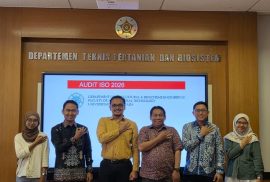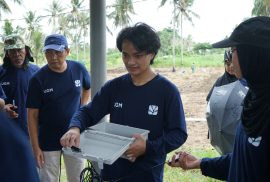The control of an autonomous agricultural vehicle operating on unstructured changing terrain includes many objective difficulties. One major difficulty concerns the characteristics of the terrain condition that the vehicle should operate in. Problems can range from the effects of varying terrain conditions on the autonomous vehicle sensors and traction performance through to the need to deal with the presence of unexpected situations.
On unstructured changing terrain, many factors influence vehicle behavior such as terrain slope, lateral slippage, and so on. Therefore, it is necessary to develop a more suitable model for vehicle motion on these terrain conditions. In order to control the vehicle along a course on unstructured changing terrain, it will be developed control software to enable more accurate control.
In this research, we will introduce the difficulty vehicle are facing in unstructured changing terrain and how learning and computational intelligence can help the vehicle to adapt and give them the necessary intelligence they to face the challenges they encounter in their conditions. The developed method to control the vehicle when operating on these conditions is Neuro-Fuzzy Controller.
Neuro-Fuzzy sets and systems constitute one of the most fundamental and influential computational intelligence tools. Given the uncertain and incomplete information an autonomous vehicle has about the condition, neuro-fuzzy rules provide an attractive means for mapping sensor data to appropriate control actions in real time. The success of Neuro-Fuzzy Logic Control (NFLC) is owed in a large part to the technology’s ability to convert qualitative linguistic descriptions into complex mathematical functions and the ability to deal with various situations without analytical model of the environment. The methodology of the NFLC appears very useful when the processes are too complex for analysis by conventional quantitative techniques or when the available sources of information are interpreted qualitatively, inexactly or uncertainly.
The neuro-fuzzy controller is based on the fuzzy membership function-based neural networks (FMFNN) with advantages of fuzzy logic and neural networks, such as inference capability and adoption of human operators, experience with fuzzy logic, and universal approximation and learning capability with neural networks.(en)




